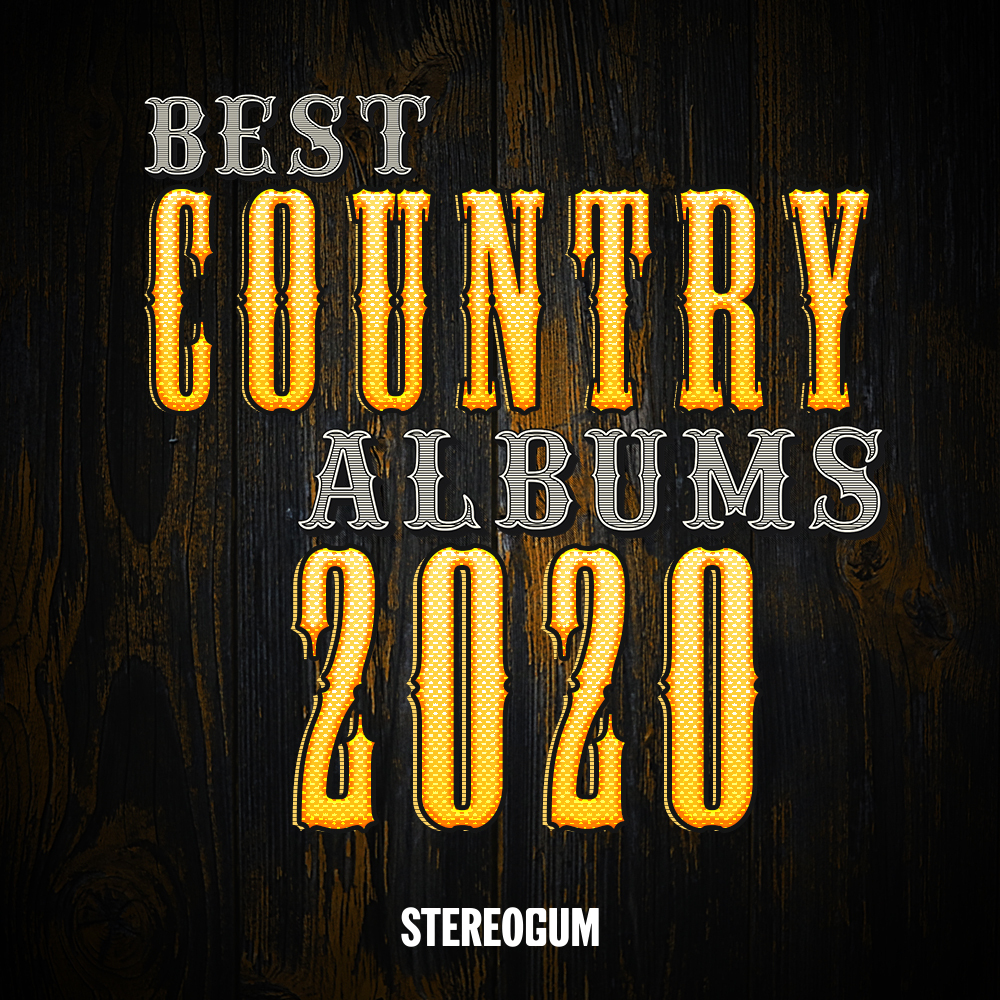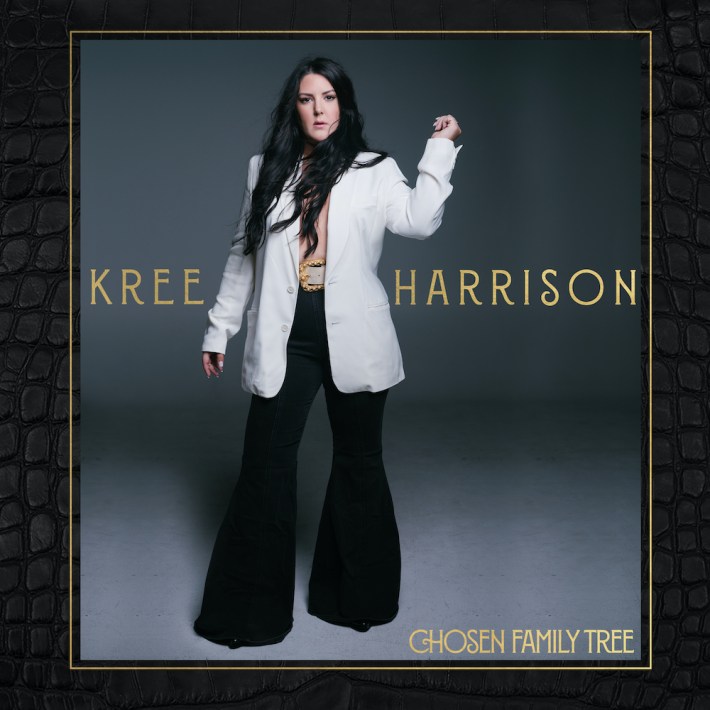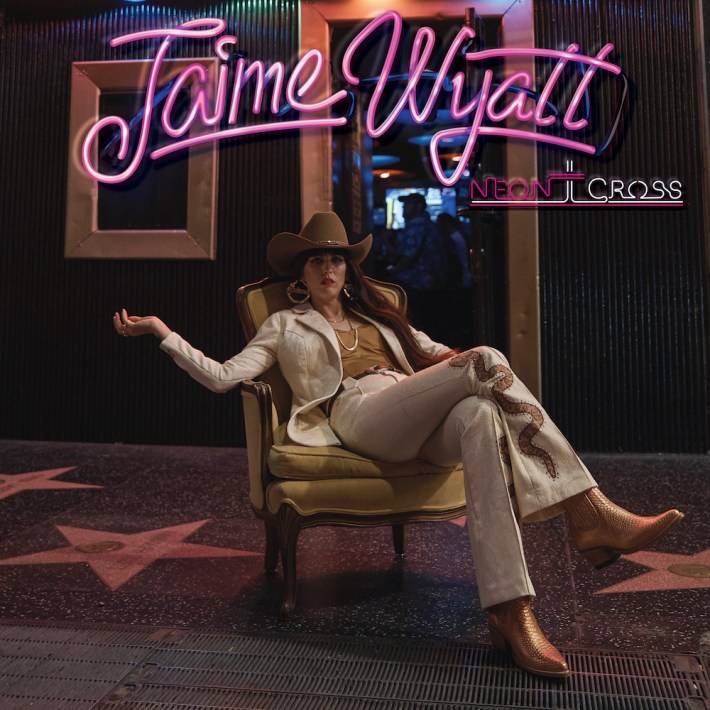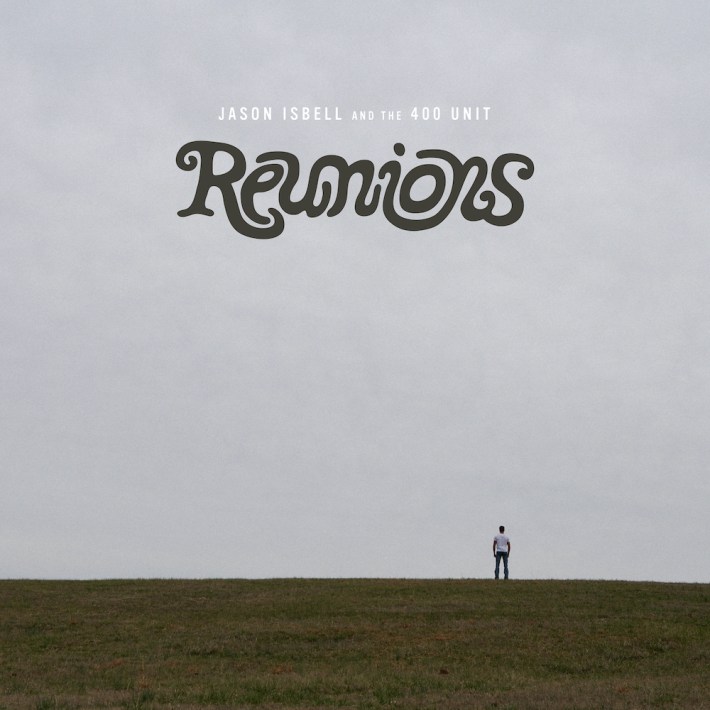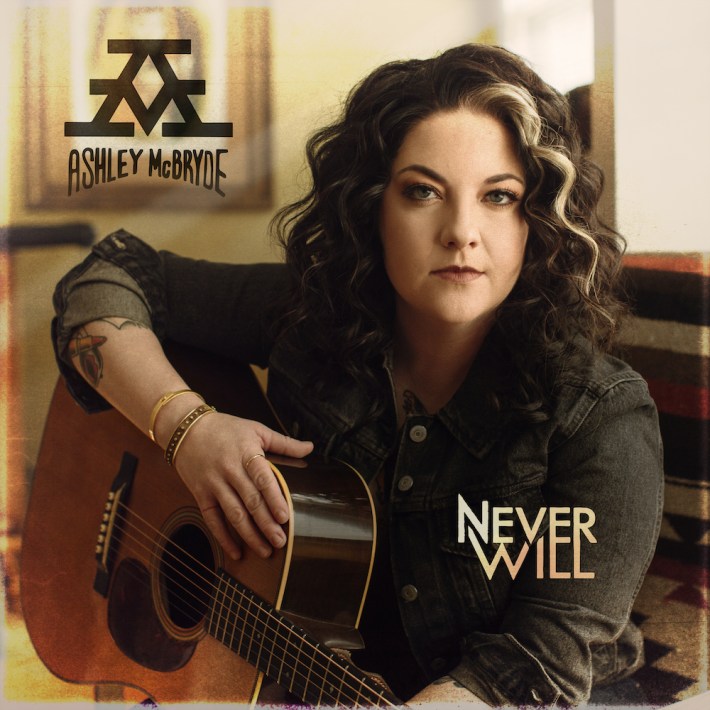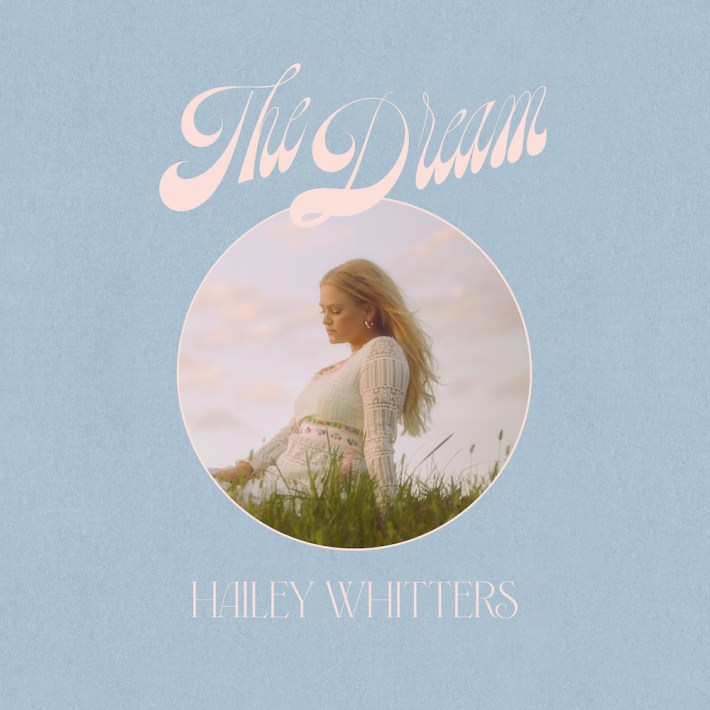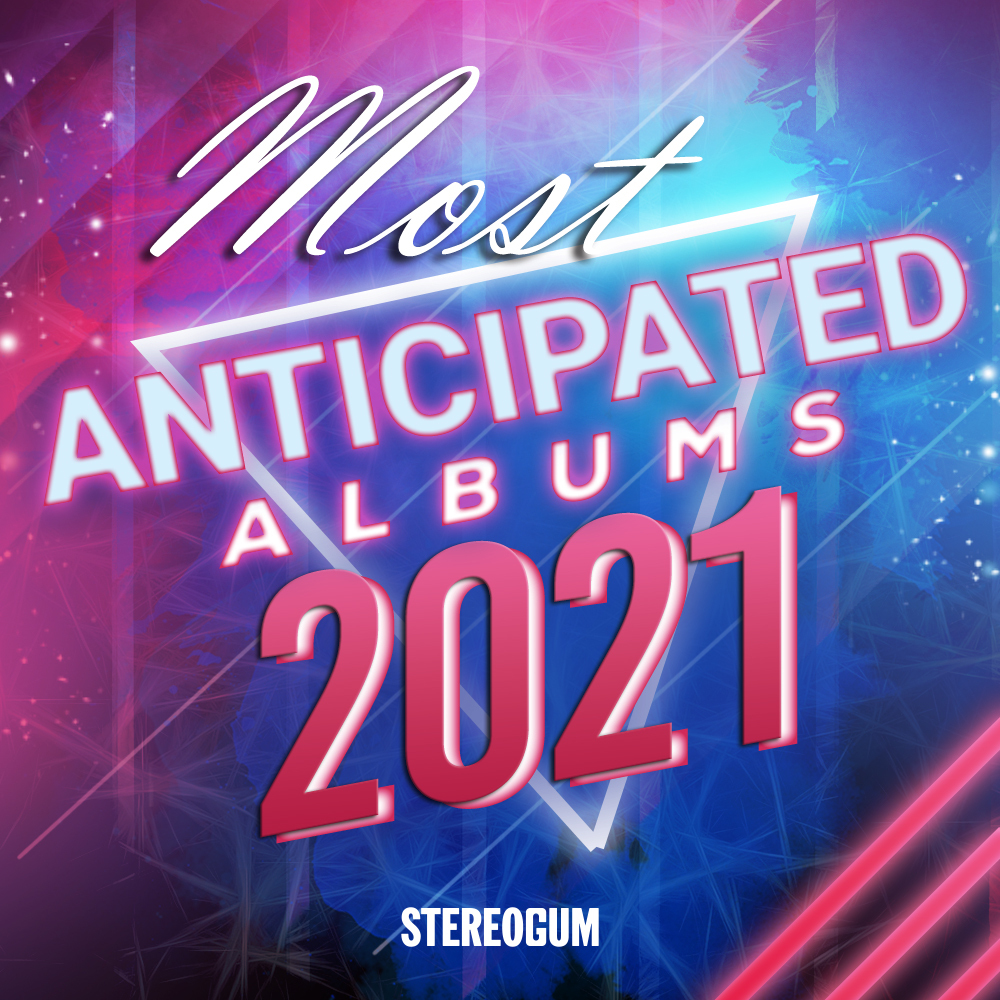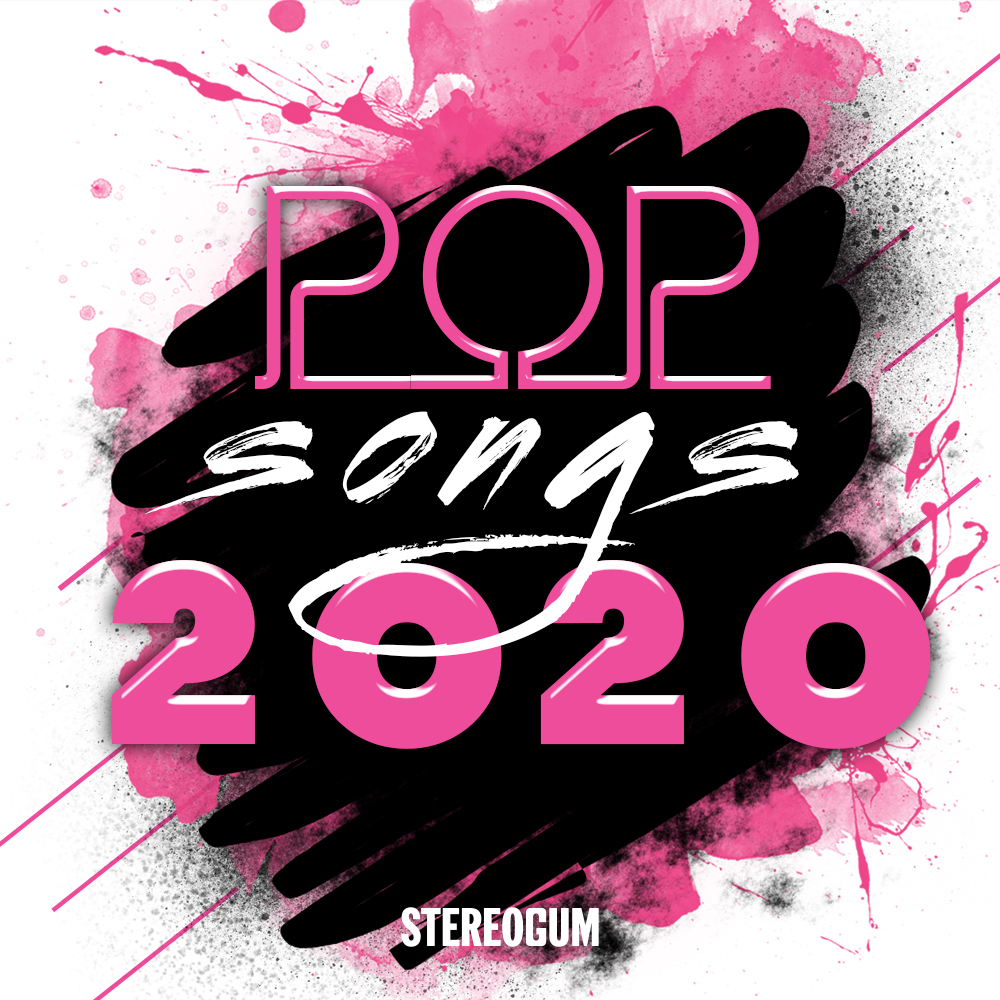In a year that felt lodged in a stagnant fog, country music kept moving. Perhaps because there's nothing more tailor-made to pandemic times than songs that can be played on an acoustic guitar and tell us stories that look for the common denominator in humanity — it's the type of music we need in difficult moments, the type of music we turn to for answers. It's filled our silent rooms with guidance when we needed it most, or reminded us of home when it felt completely out of reach.
Even without live shows, great country music blossomed. Mainstream artists put out some of the best work of their careers: Albums like Brett Eldredge's Sunday Drive were moments of pure artistic reinvention. Kelsea Ballerini's newest, kelsea, showed some of her strongest songwriting yet and grew even sharper in an acoustic redo, ballerini. Caylee Hammack proved to be a legend in the making -- That voice! Those lyrics! -- with her debut If It Wasn't For You, where her slow-burning ballad of the places, and people, who crush our dreams, "Small Town Hypocrite," was a song of the year.
Some of the genre's standout moments came on EPs: Brittney Spencer's Compassion is as tight a sampler of songwriting and performance as you can find, showcasing a breadth that’s rare in albums twice as long. Others released brilliant work that didn't fall neatly into the category of a "country" list like this: John Moreland, Lilly Hiatt, S.G. Goodman, The War And Treaty, and Elizabeth Cook all put out superior LPs that favored rock or soul over twang. Same for Margo Price and Ruston Kelly -- to place them here feels like misunderstanding or miscategorizing their art, or at least simplifying it to a genre in order to help ourselves better comprehend where they are going.
Even one of the best albums (excluded from this particular list to prioritize room for songs completely new to us this year) was a surprise rework: the bluegrass collection Cuttin’ Grass - Vol.1 from Sturgill Simpson, an artist who is also currently nominated for a Grammy in the rock category. There’s a boatload of daylight between respecting tradition and being so married to genre walls that it limits an artist's creativity or, worse, makes it seem as though something was designed purely for the sake of staying comfortably within an algorithm. Simpson managed to redefine a space where those two ideas -- of tradition and genre -- actually have nothing to do with one another, except in the eyes of Spotify and Pandora.
But there were 10 albums that stood out most this year -- well, nine and an EP, but more about that later -- for their strength, creativity, and dedication to showcasing the heartbeat of country music,in whatever form it may take. They made us dream, told us what to do when those dreams are shattered, and gave us family when we needed it most.
Country music is about family. In Kree Harrison’s hands, that’s not always the family you are given, but the family you make. On Chosen Family Tree, Harrison finds a perfect sweet spot between smooth '90s country, classic songwriting, and her soulful inclinations, coming out with tracks like "That's How Hearts Get Broken" — perfect for swinging your partner (for one night only or forever) around on a sticky barroom floor, whenever we return to doing those sort of things in person. Harrison's been a quiet force in Nashville long before the world got to know her on American Idol, and she seems far more interested in building a strong, lasting body of work than riding any short burst of fame. Country music is better for it.
It’s breaking the rules, maybe, to include this album — because it’s not really an album, per se, but a six-song EP. But since Guyton's been in Nashville for a decade and Music Row still hasn’t given her the space to release a full-length, and country radio still isn't playing her songs, it's worth breaking the rules to include Bridges, because the "rules" clearly aren't working (for everyone, at least). Among the genre's best vocalists, Guyton shows she's a writer to match with songs like "What Are You Gonna Tell Her" and "Black Like Me," two painfully triumphant depictions of the Black experience and the bitter realities that lay ahead for any little girl in America who doesn’t have the free pass of white skin. But on "Rosé," she can roll out a good party, too.
"I guess I keep forgetting you can polish off a bottle just by takin' a sip," sings Ashley Ray on "Warm Body," a bluesy track about the misguided choices we make when we get lonely or left behind. Like on the rest of the stunning Pauline, Ray puts her songcraft front and center, tracing through her family lineage and her own personal timeline to emerge with an album that spills with detail, candor, and confession. Pauline is her grandmother’s name, and Pauline is a record by a woman trying to understand her future while doing justice to her past.
Any album that contains a smash like "Diane" would be a contender based on that song alone, but thankfully The Otherside lives up to the promise of Cam’s "Jolene" response song: From pop confections like "Classic" to the cinematic and nostalgic "Redwood Tree," Cam's second album is country completely free of restraints. Sometimes, that means things get a little moody and dirty ("Till There’s Nothing Left") or Ibiza-twang ("The Otherside"), other times, it's raw as can be ("Girl Like Me"). A lesser artist and a lesser voice — Cam possesses one of the genre's most powerful and exquisite — would never be able to make this all string together sensibly. In Cam's hands, it’s a cohesive, complete journey to The Otherside.
On the first song of Neon Cross, "Sweet Mess," Jaime Wyatt sounds like she's singing to us at 3AM at the corner bar, serenading the lost souls who have stuck around this long with a pristine ballad of self-awareness and personal heartbreak. But Wyatt's not like everyone else: This is how she opens her story, not closes it, spreading every last card on the table for us all to see. The rest of the album, produced by Shooter Jennings, just builds that story with the addictions she fought, the miracles that brought her through, the expectations that can sometimes lead to paralysis, and the rocky waters she leaves in her own romantic wake. "You can count on me to let you down again," she sings on "Goodbye Queen."
Anyone who has been to the edge and back can find peace in Katie Pruitt's Expectations. Anyone who has given up on trying to please someone other than themselves and the one they choose to be with can find solace in this collection of songs from the Georgia-born Pruitt — because it's an album that documents how none of this comes easy or without significant, painful loss. "What's it like to be normal? To want what normal girls should?" Pruitt sings on "Normal," a song about her path to coming out in the conservative, religious South, where the gender norms are oppressive if not downright dangerous. Whether professing her weaknesses or her undying love, Expectations hits and heals our open wounds.
There are few things in music as consistent as Jason Isbell's songwriting. In the lead up to Reunions, even he admitted that the pressure can be confining. There could be worse problems than being taken for granted for being good, of course, but other artists could either crumble in the face of expectations, or try too hard to be experimental in order to throw us off their scent. Reunions, however, manages to move the needle while never losing the pillars that hold Isbell up: The lyrics are precise and poetic but never at the expense of clarity, the guitar solos convey the instrument’s truest expression even when venturing into new tones and territory, and there's those gorgeous harmonies and fiddling from Amanda Shires. Isbell wrote and recorded Reunions before the pandemic, but he sings to a world reflecting up close on who we are, who we've been, and who we've chosen to be stuck next to with such visceral accuracy it's almost as if someone slipped him the script before we got it. ("This used to be a ghost town,” he sings on "Overseas,'" "But even the ghosts got out.") Isbell can't see the future, but it’s the way the he anticipates it at the most personal level that hits the most — like on "Letting You Go," written for his young daughter. It's where he proves greatness is really about being an empath, not a prophet. "The best I can do," he sings, "is to let myself trust that you know who'll be strong enough to carry your heart."
Ashley McBryde's second album for Warner Nashville, Never Will, opens with some Heartbreakers-era guitar and swirls of organ on "Hang In There Girl." But it's her songwriting that makes this record so deeply and perfectly country, steeped in stories and characters she brings to vibrant life. It only gets twangier from there, nearing downright classic on tracks like "First Thing I Reach For" and "Velvet Red," reinventing a honkytonk sound for a new generation without trying too hard to hold on to the past. It's where all sides meet that she hits brilliance — like on "Martha Divine," which melds grit, revenge, and a sinfully catchy chorus into one. The bearded dudes get the credit for bringing back "real" country music, whatever on Earth that means. But McBryde, from a major label, is really leading that drive. Hang in there, girl. We need you.
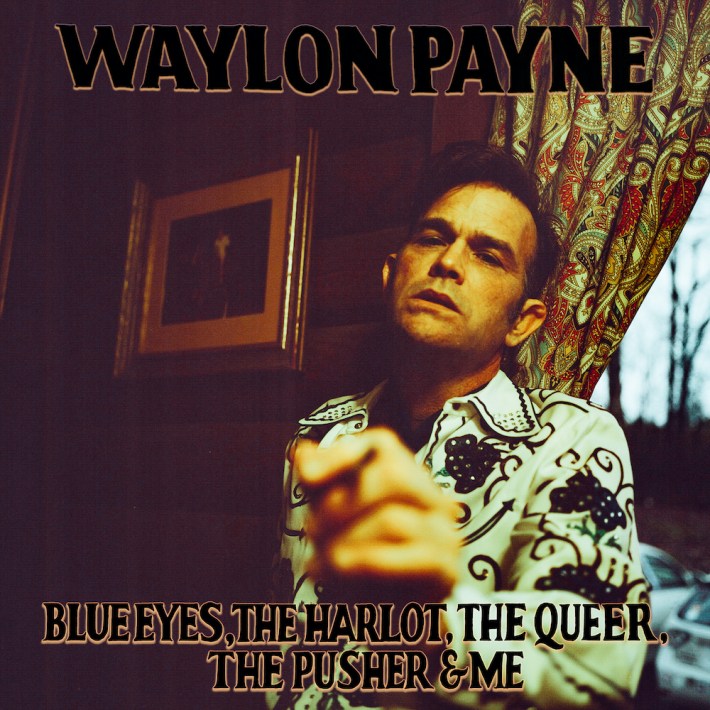
Waylon Payne - Blue Eyes, The Harlot, The Queer, The Pusher & Me (Carnival Recording Company/Empire)
Waylon Payne kicks off Blue Eyes, The Harlot, The Queer, The Pusher & Me with a ceremonial washing of the past. "The sins of the father, it’s time for me to let them go," he sings, clearing the way for an album of reckoning and renewal from a place of deep, deep personal excavation. The fact that Payne has only been able to find success as a songwriter for others until this moment speaks volumes about the myopic machinery of Music Row deciding who carries, or morphs, the torch of country music. The lyrics are so vulnerable it’s hard to listen to sometimes, but, once you do, it’s hard to live without listening. "My heart of stone has been rolled away," he sings on "Back From The Grave." "I can't believe that I made it."
We could all use a Janice in our lives, a person who reminds us that existence is fleeting and the good things are more often hidden in the day-to-day pleasures than the expensive indulgences. And this year, when we were mostly stuck with whatever exists inside our four walls, is no exception. Hailey Whitters met a Janice once, an older woman who told her it's not where you get, but how you get there, and how many good glasses of wine you're able to savor along the way. Lucky for us, Whitters wrote a song about it, "Janice At The Hotel Bar," one of the standout tracks from her breakthrough album The Dream. Anchored by her clear and frank delivery, The Dream is a ride from disappointment (“Ten Year Town”) to finding solace in home ("Heartland") to success, even if that success is different from how you’d always defined it ("Living The Dream"). Whitters has been through the Nashville ringer, waiting tables to pay for the album, which she financed with producer and now-fiancé Jake Gear and released herself before finally signing a record deal after over a decade of struggle. There's truth and triumph, love and letdown, humor and hurt, all right here.
